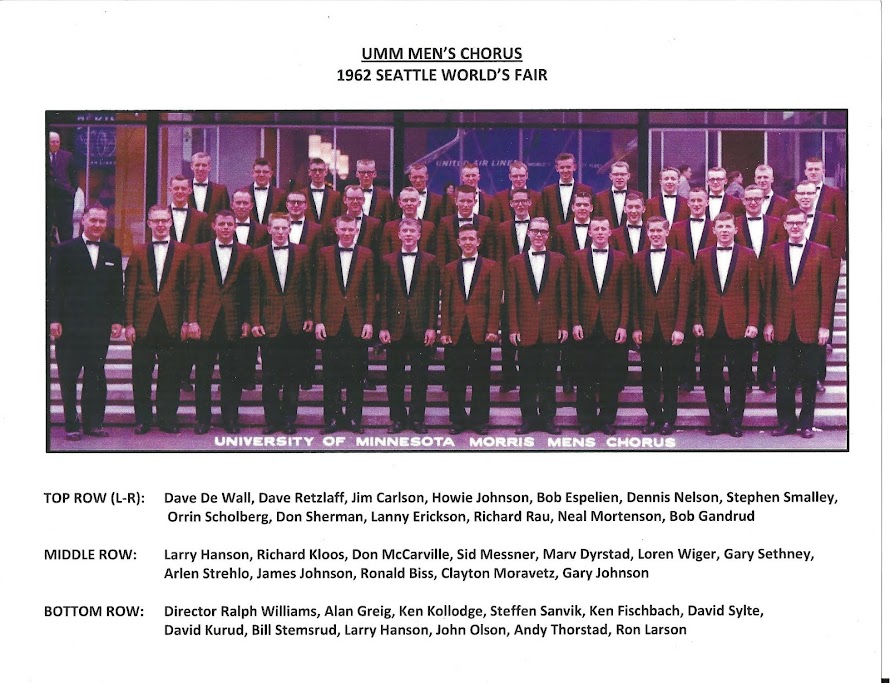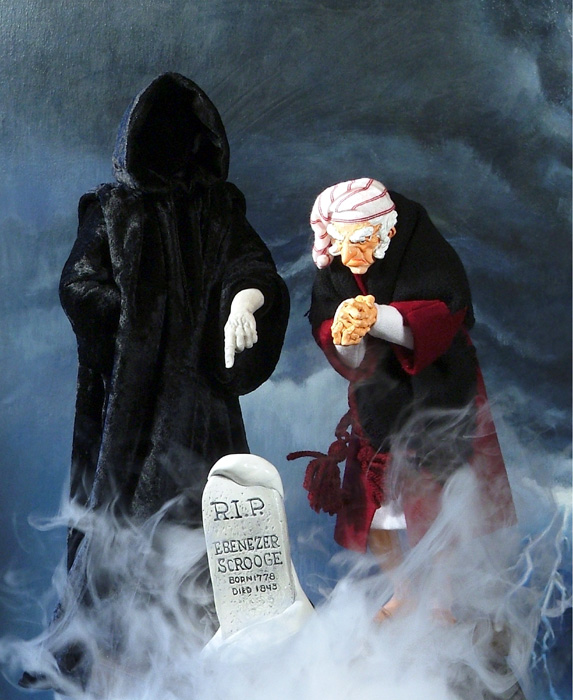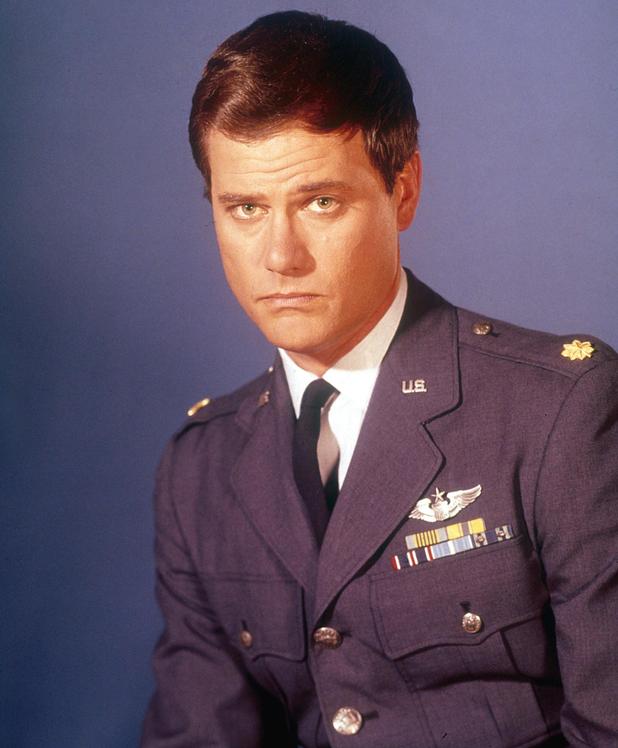Eventually Hollywood crossed a line and decided it was time to show the real horrors. Thus in 1998 we got "Saving Private Ryan." It's hard to criticize honesty. But "Ryan" and some other subsequent cinema may have dulled our appetite for the traditional war movie. We're not ghouls. But we have an appetite for history.
"The Bridge at Remagen" was of the genre of WWII movies that
boomers consumed when young. It has become a favorite of mine. Bleak as
it is, it teaches us a lesson about the tragedy of war without being
graphic about the violence. It is bleak in every way imaginable. An
online critic says "everyone in the movie is pissed off all the time."
He adds that this quality, in his view, doesn't make it bad.
You might have to search for some special inspiration in this
movie. But it's there. We see the inevitability of the Allies' victory.
We see the pathetic nature of the Nazis' final resistance when SS
officers went out and about and trumped the judgment of the regular
military people. At the end an SS officer has taken over the command of a
general who had a grasp of humanity. This general had dispatched the
Robert Vaughn character to attend to the bridge over the Rhine River.
What to do with that bridge? Hitler ordered it destroyed. But its
immediate destruction would trap the 15th Army on the west bank. General
von Brock (Peter Van Eyck) and Major Paul Kruger (the Vaughn character)
felt a reasonable delay was prudent.
Of course, everything seems to go wrong for the losing side toward
the end of any war. Their resources are gone. The noose is tightening.
Yet people get delusional. It happened to the Confederates here in the
U.S.
What do I find that's bright or inspiring in "The Bridge at
Remagen?" One has to peel through, but I think the friendship of Lt.
Hartman (played by George Segal) and Sgt. Angelo (Ben Gazzara) is
defining. With the world seemingly crumbling around them, they have a
bond that seems transcendent. I had a psychology professor once who
called it "unconditional positive regard."
In the midst of conflict that
shows "war is hell" - never mind that's a paraphrase of General Sherman
- Hartman and Angelo are male soul mates, even through some occasional
discord.
E. G. Marshall plays "General Shinner" who exudes the wisdom and guidance of a true father figure.
The U.S. 9th Armored Division approaches Remagen and finds the
Ludendorff Bridge still intact. Bradford Dillman plays "Major Barnes"
who is "sort of" a bad guy. He's bad in the sense he's vain. Hartman and
Angelo find themselves at the actual heart of the conflict. Hartman in
particular seems weary from having seen too much of the sharp edge of
war. He's promoted to company commander after the death of a comrade. A
week-long battle will develop around the bridge.
E.G. Marshall's "Shinner" character sees immediately that the
bridge will afford a foothold for pushing into Germany and shortening
the war, saving many U.S. lives.
When I say this movie is a period movie, it's meant in more ways
than one. It's period by definition because it's about World War 2. Less
obvious but still significant is the fact this movie was made in 1968.
War weariness with Viet Nam was growing. There was a haunting sense of
futility about that war and about the efforts to try to get out of it.
The fact we knew it was horrible, coupled with our skepticism about
being able to withdraw from it expeditiously, made for cynicism. It's
this mood that creeps into "The Bridge at Remagen" and gives a backdrop.
The review I quoted earlier, whose byline is just "Chris," observes
that "in typical '60s angry fashion, just when you think it's over,
it's not, and the real massacre starts." And more: "You have to love the
equally cynical closing plates, where they tell us 'none of it mattered
since the bridge collapsed of its own accord a few days later.' "
The futility of Viet Nam creeping into a WWII movie? In reality it
wasn't all futile, even though the capturing of the Remagen bridge had
mainly a psychological advantage for the Allies. The Allies were in fact
able to push resources across, albeit for a short time. Its collapse
did cause casualties.
Hitler ordered five officers shot by firing squad due to loss of the bridge (or failure to demolish).
A line that really struck me in this movie was a German saying "a
dying animal begins to bite at its own wounds." This German was a
schoolmaster in peacetime, he tells us. He and Major Paul Kruger come
off as sane and sensible even while under the Nazi hysteria.
Remagen is defended by a tattered assortment of old veterans and
boys. "On paper" their strength is supposed to be greater of course.
Kruger calls for tank reserves. "Reserves" never seem to show up for the
losing side. It's like the Confederates in the John Wayne movie "The
Horse Soldiers," who always say "General (Nathan Bedford) Forrest is on
his way." No, the Wayne character and his side prevailed, even
destroying a bridge at the end. Bridges seem quite the plum in wartime.
Wayne uses a cigar to light the fuse as advancing Confederates are seen
in the distance.
When was the last good Civil War movie? Could it be that "Gods and
Generals," that turgid movie that tried to show the Confederacy in a
sympathetic light, killed off that genre? Is Hollywood afraid to offend
the Deep South?
Did "Saving Private Ryan" and similar stuff later kill
off the standard WWII movie, through its vividness in showing the
violence?
"The Bridge at Remagen" continued a genre that was epitomized by
"The Longest Day" which also included John Wayne. "The Longest Day" was
shot in black and white, surprising since it's dated 1962. It's long,
coming in at 178 minutes. "The Longest Day" tells the story of D-Day.
Yes we see lots of death. But in the 1960s, Hollywood drew a line on the
vividness. We'd see a group of soldiers running through gunfire with
some dropping to the ground, perhaps writhing for a moment. Perhaps
these guys were dead but we saw no prolonged suffering or agony. Or
exposed entrails.
Yes, the Richard Burton character at the end of "The Longest Day"
looks like he might be mortally wounded. But there's nothing graphic,
and this character just seems downcast and resigned. He's befriended by a
British flight officer. They observe a nearby dead German soldier.
There's a line that typifies the kind of wartime despair evident in such
conflict, a line that could just as easily have been spoken in "The
Bridge at Remagen." The Burton character says "he's dead, I'm crippled
and you're lost."
(He might feel similarly down if he were to see the current "Liz and Dick" movie, LOL.)
I like the music in "The Bridge at Remagen." This is an often
overlooked aspect of a good movie. We might take it for granted. (I have
heard all my life that Maynard Ferguson played in "The Ten
Commandments" but I've never been able to pick out the sound of his
trumpet.)
"Chris" of The War Movie Blog says of "The Bridge at Remagen" that
"if you're after a good old-fashioned war movie with lots of gunfire,
tanks, explosives and the stereotypical soldier-types on both sides,
this movie is right up your alley."
I think Vaughn was masterful playing his "Kruger" character. He
comes across as human and with depth, getting lost and disoriented
amidst the rapidly growing futility of the Nazi cause. E.G. Marshall
looks like a general who couldn't lose if he tried. Bradford Dillman
looks like a middle manager type who "does whatever it takes."
The real human beings in this movie are Lt. Hartman (Segal) and
Sgt. Angelo (Gazzara). Many of their type weren't fortunate enough to
survive. The dramatic scene at the end shows Hartman making what seemed
like a suicidal walk across the bridge toward the enemy position. He is
at his most despondent here, thinking Angelo has been killed in an
assault on a gun nest on a barge moored to the bridge. Hurriedly,
Hartman's mates try to give him "cover." At the same time, a squad of
M24 Chaffee light tanks begins an advance across the bridge.
Hartman is greeted by the tattered and exhausted Germans who seek
surrender. Hartman then discovers to his ecstatic delight that Sgt.
Angelo has survived.
Kruger is marched out for execution. If there's a famous line from
this movie, it's from the Vaughn character as he's about to be executed
by the SS. Planes roar near the city. "Ours or theirs?" Vaughn asks the
officer who has escorted him. He is offered a cigarette. "Enemy planes,
sir," the officer says. Vaughn looks afar, sighs and says "But who is
the enemy?"
"The Bridge at Remagen" was filmed on location in Czechoslovakia.
The filming itself had its own special drama. The Soviets invaded
Czechoslovakia to reinstall a hard-line Communist government, forcing
the film cast and crew to flee to the west in taxis.
"The Bridge at Remagen" never got iconic status among war film
buffs of the 1960s. It was reasonably well-known and was shown (and
still is) on TV. "The Longest Day" is more the iconic movie of that
genre. But I find the bridge movie especially appealing. It shows how
human bonds can overcome an environment where nothing but destruction
and despair seem evident.
I give this 1969 movie the full five stars.
- Brian Williams - morris mn minnesota - bwilly73@yahoo.com











